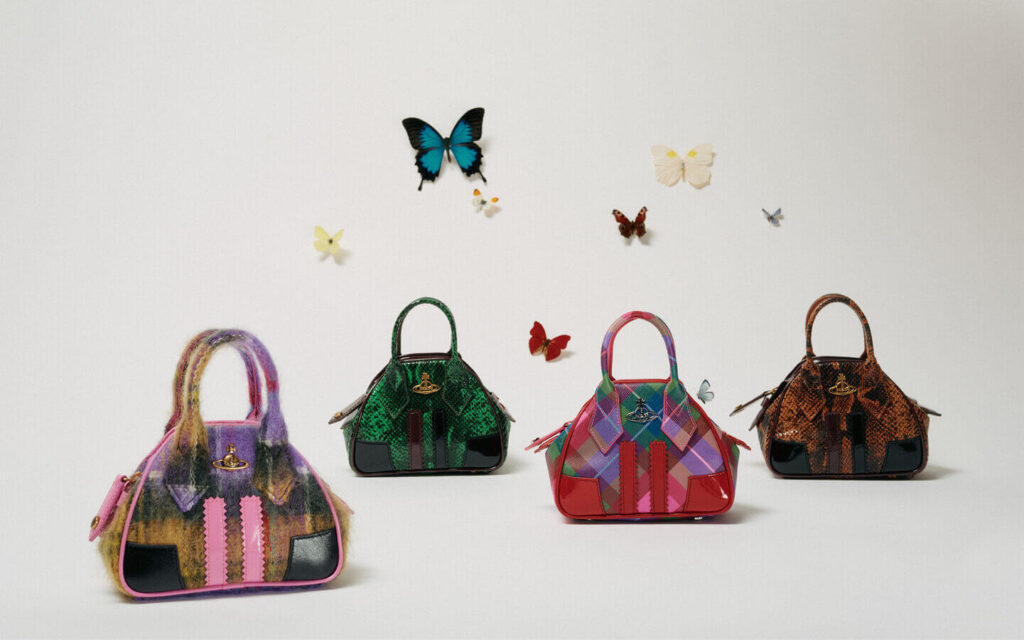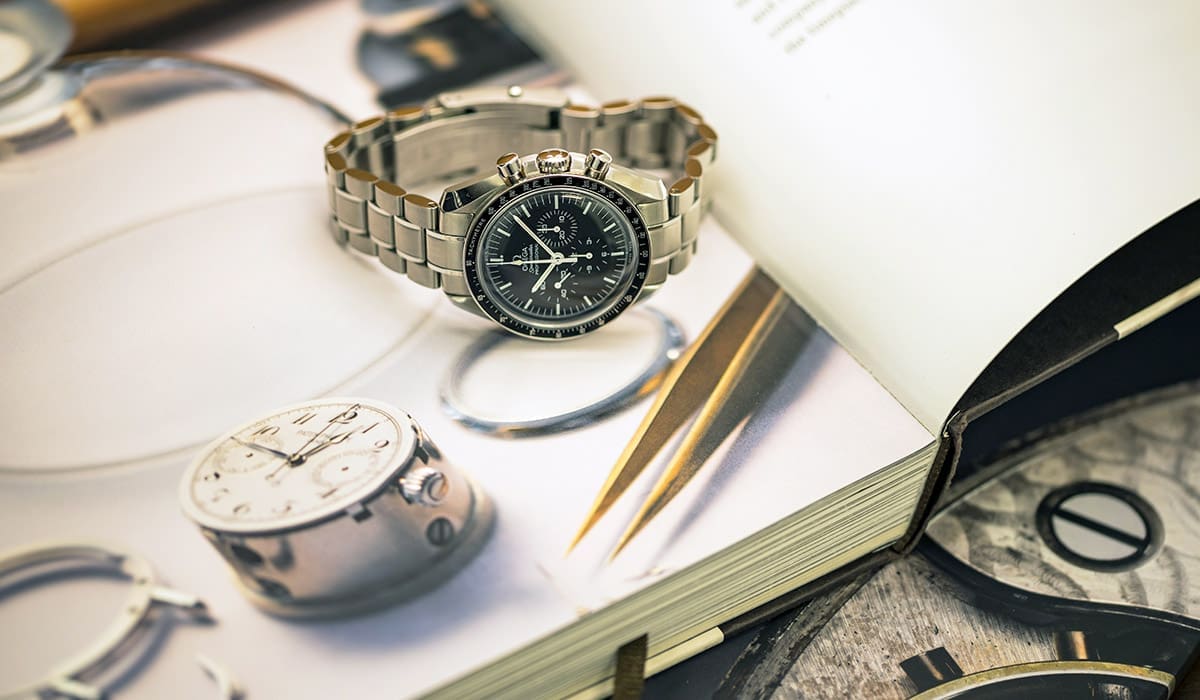It has taken a pandemic for us to self reflect. In the past year we’ve spent more on self-care than any other beauty category. If you look at the disruptor brands that are thriving, they are the ones that stand by the thesis that individuality trumps conformity.
Big beauty companies reacted quickly to this shift in perspective by altering their advertising images to portray people of all sizes, ethnicities and backgrounds with varying hair lengths and textures, body shapes and imperfections such as stretch marks, scars and unshaven body hair. Bravo.
I’m not being woke, I’m being real. Love Island’s 2021 line up of uber-tanned, hair-extended, gym-honed beings shows that producers have a sad lack of creativity. For a program that is all about ‘finding love’ surely they can’t be saying, in 2021, that romance is reserved for Barbie and Ken types with near perfect bodies?
Pinterest has announced that it is the first social platform to ban weight loss advertisements as new research conducted by OnePoll reveals that almost 4 in 10 Brits admit to feeling pressure to get ‘summer body ready’ with (78 per cent) of Gen Z feeling this pressure – the generation most likely to be watching Love Island over Euro 2020, I suspect.
Furthermore, almost a third (28 per cent) of those surveyed admit that popular culture’s portrayal of bodies makes them feel self-conscious, with Gen Z in particular made to feel unrepresented (32 per cent) and anxious (26 per cent).
Nothing against hair extensions, fake tan and exercise. Heck, St.Tropez self-tanner was the best thing that happened to my pasty limbs when it launched, along with HIIT training. But, do we really want our sons and daughters to be sucked into this false narrative that the secret to finding a mate lies in uniformity? That being different somehow excludes you from the love club?
I am not suggesting this year’s contestants are not beautiful, attractive people. Yet, when I compare Love Island’s collective cast to the current mood in fashion and beauty, I can’t help but ask: why are they still peddling this bland, narrow-minded image of attractiveness to an audience that’s self-esteem is already so low?





More Stories
Elegance With an Edge: luxury bags by Vivienne Westwood
Why Dive Bomb Silhouettes Save You Time and Energy
Timeless Sophistication: Why an Exquisite Timepiece Still Resounds in a Digital Era